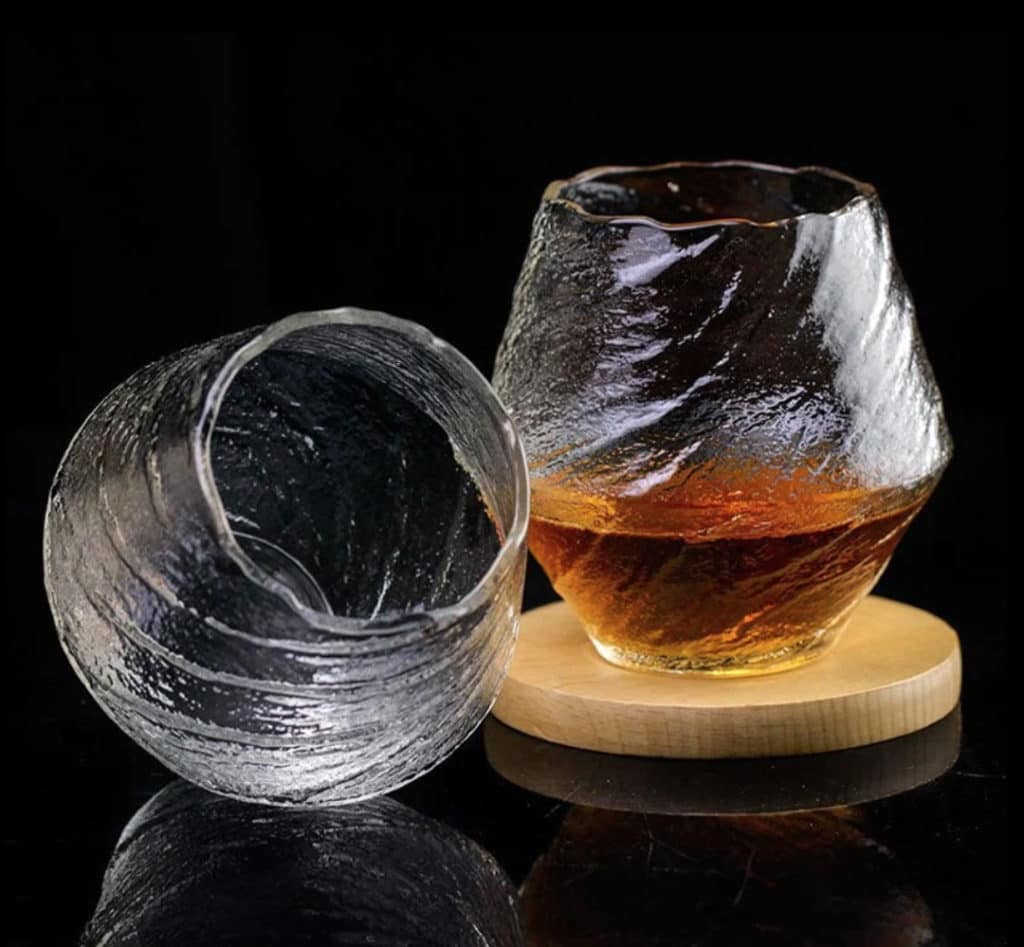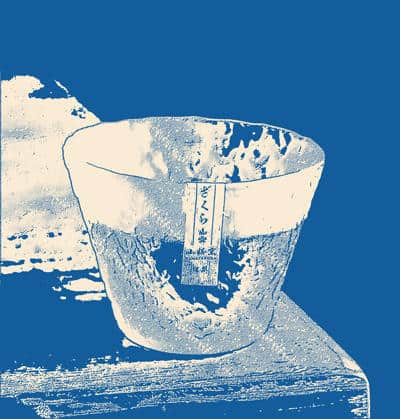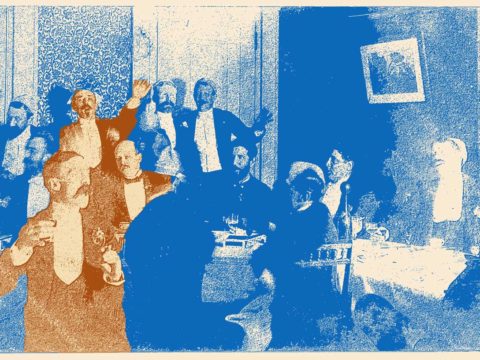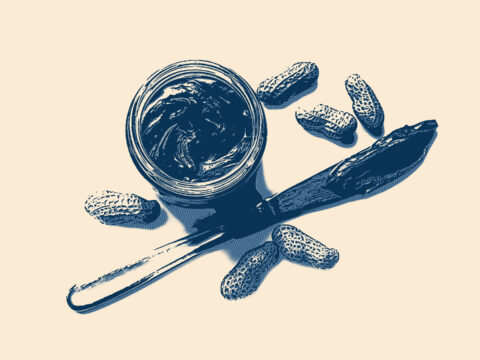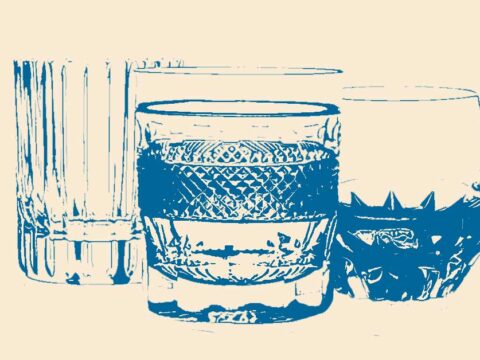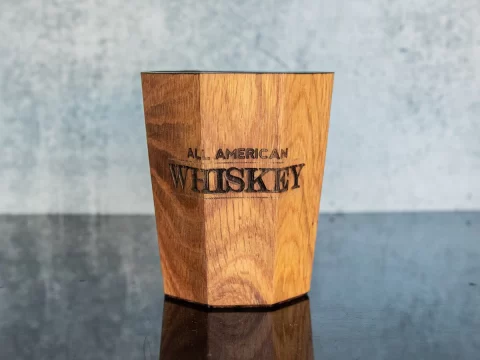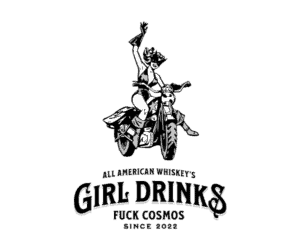A Japanese Whiskey Glass is perfect. There’s something about how the Japanese adopt cultural icons from other countries, then make them better. Have you had Japanese coffee? Have you written on Japanese tomoe river paper? Have you tried to buy a pair of Japanese heavy Kuro-Iro selvage jeans? The Japanese culture is all about craftsmanship and pure deep nerd dedication to doing one thing better than anyone else on earth.
That’s why a Japanese Whiskey Glass rocks.
There’s something extra about a Japanese whiskey glass. They’re almost rustic. Almost unfinished. This might be from a Japanese aesthetic. Wabi-sabi is a point of view that accepts and even reveres imperfection, incompleteness, and impermanence. The hallmarks of wabi-sabi are asymmetry, roughness, simplicity, austerity, modesty, and intimacy.
The Greeks and Romans shared an aesthetic of symmetry, balance, and refinement. These are the bedrock styles of Western culture, which are reflected in its architecture, music, and art. We like balanced things. We like finished things. We like ornamentation and decoration. We like abstract symbolism. Wabi-Sabi shrugs at such affectation while taking a neat sip out of a crooked teacup made from an old rock.
Edo (Tokyo) Glasses Wabi their Sabi hard
The glasses listed below all follow this style. They seem impermanent like they’re made out of ice. They are rough, asymmetrical, and wear their imperfection right below the rim. These characteristics don’t mean the tumblers are poorly made. The artists who designed this glassware were influenced by nature. The imperfections are apparent, not actual. Each glass is brilliantly crafted. You’ll hand them down to your kids. They’re solid, useful works of art designed to elevate the consumption of fine whiskey.
Kimura Crumpled Old Fashioned Glass
Kimura’s been making fine glassware since 1910. Their Old Fashioned glasses look like they were crumpled up and tossed into a corner before you smoothed them out to take a drink. Each of them is handmade. No two are the same and they contain imperfections from the artisans, like microbubbles. Their designs are good enough to have landed them a spot at MoMA.
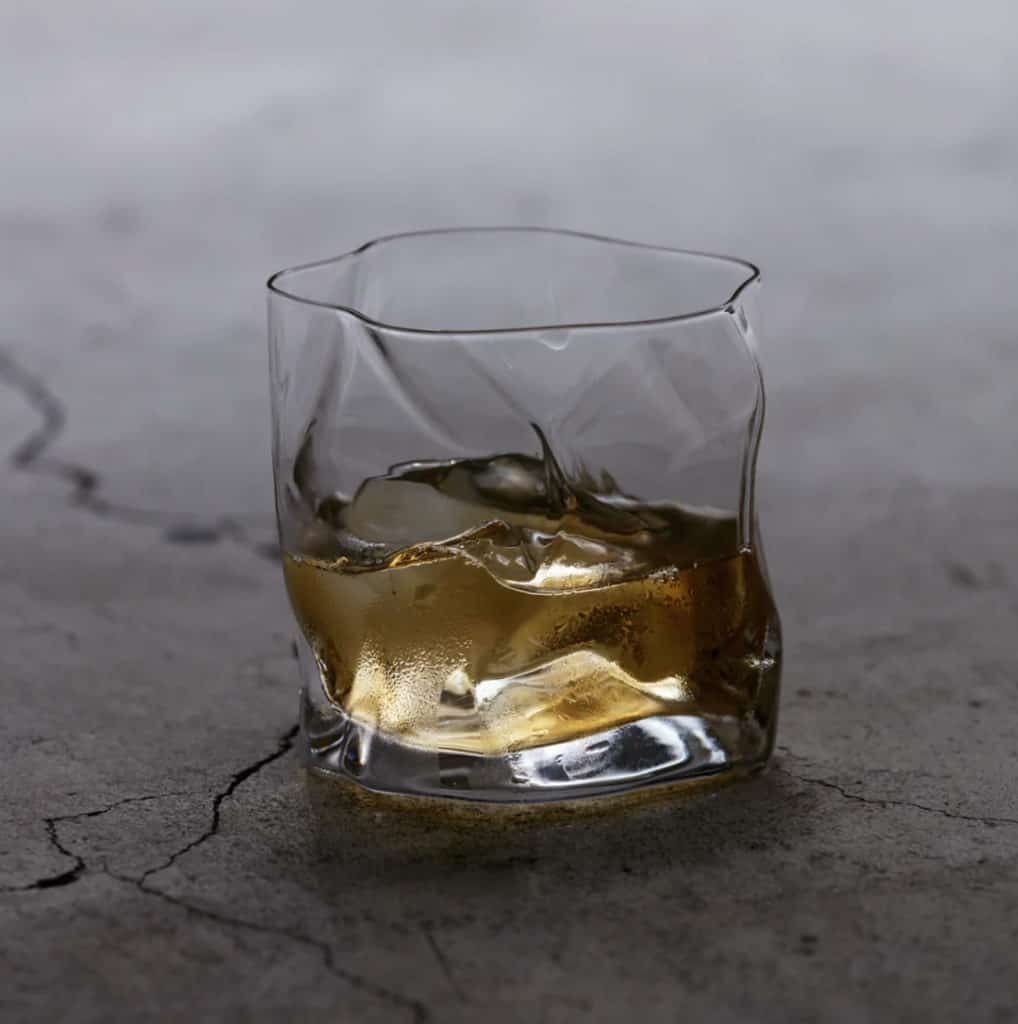
Yuki Edo Kiriko Whiskey Glass
Edo Kiriko is both a type of glass and a signifier of origin. Edo is the original name of Tokyo. Kiriko refers to a faceted texture. Many of the glasses you’ll find labeled Edo Kiriko are finely wrought classic old-fashioned rocks glasses with deeply cut crystal facets. But the Yuki is all wabi-sabi. It’s handblown glass that revels in its peculiar shape, derived from the personal glass-making style of the artisan who made it. They are full-on glassware nerds about these tumblers, packing them into a beautiful box the second they cool so you’re the next person to touch them after they’ve been polished.
Getting information about these products is rather hard, by the way. Unless you can read kanji, you’re stuck with the sales sites. Some details are maddeningly hard to obtain. For instance, where is the factory that makes these glasses? Who are the artisans? And why do some of them have a little paper ribbon labeled ‘yamazakura’, which, as far as I can tell, is an upstart Japanese scotch? Yuki means snow, and the pattern in the glass represents the first snow to fall in early winter. Yamazakura means ‘mountain cherry,’ which I don’t see anywhere on this glass.
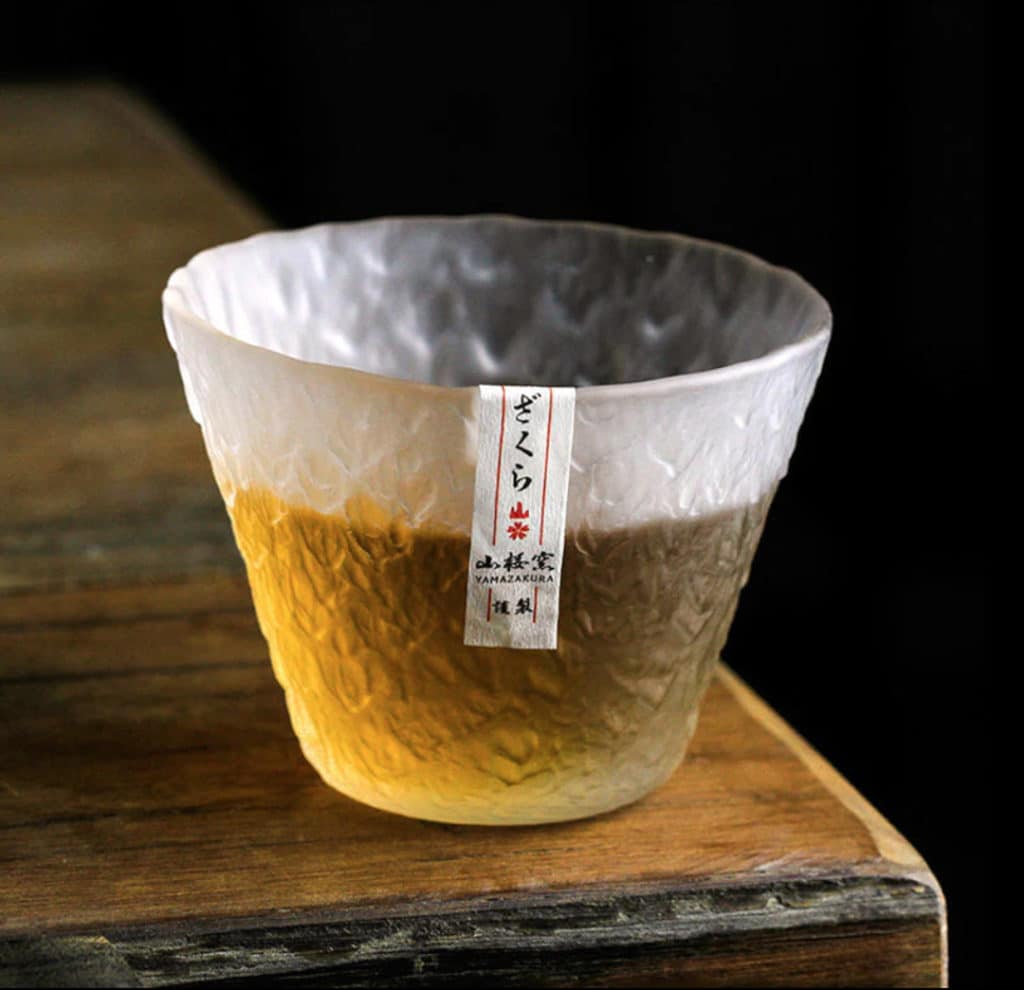
Suisei Whiskey Glass
Suisei means ‘comet,’ and the whorl of motion in the walls of this whiskey glass fit that sensibility. These glasses are handmade, Edo glass, and also come in a cool box. The manufacturer is Chamvin but good luck finding their website, which is hidden deep in the hollow recesses of the internet. You can find them on every whiskey glass website known to man. But try and get any more info. Still, they are badass and their sabi is 100% wabi.
